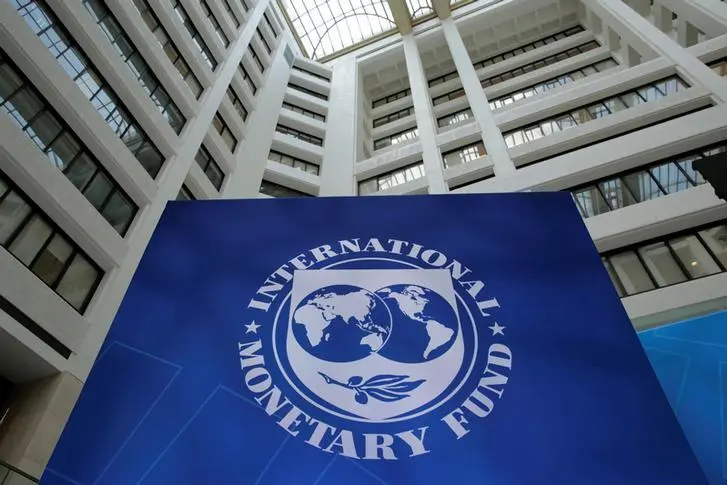PHOTO
Growth in the Middle East and North Africa (MENA) economies is projected at 2.9% this year as the region battles the impacts of the Israel-Gaza conflict, lower oil production, and tight policy settings, the IMF said on Wednesday.
The fund revised downwards its October outlook for 2024 growth projections by 0.5 percentage point with 2023 growth at 2%, Jihad Azour, director of the IMF's Middle East and Central Asia Department said at a briefing on the 2024 Regional Economic Outlook Update on Wednesday.
"In addition to its devastating impact, the conflict is having adverse economic consequences on the broader MENA region... at a time when growth was already slowing, and the region was facing existing challenges. In particular, debt levels remain high and inflation has not yet been sufficiently brought down in many economies," said Azour.
The heightened security situation in the Red Sea has raised more concerns about the conflict's impact on trade and on shipping costs, while oil production cuts by several oil exporters are weighing on overall GDP growth, although non-oil sector activity remains robust, he added.
Azour said one encouraging development was that inflation has continued to decline in most major economies in line with global trends, except in some parts of the region due to country specific challenges.
With regard to the UAE, the IMF expects the economy to grow by 3.8% in 2024. "This growth is mainly driven by the non-oil sector and, therefore, despite extension of the cuts in oil production and oil export... we expect that growth will be at 3.8%."
He also expects the UAE to see an inflation rate of 2.3% this year. "Over the last few years, the UAE was able to keep inflation under control, which means that this will help address issues related to price increase, as well as improve the overall macroeconomic situation in the UAE..."
He said as Egypt, due to its proximity to Palestine, was heavily impacted by the conflict, it was necessary for the fund to revise its growth forecast for 2024 to 3% compared to 3.8% last year.
On the negotiations that are underway between the IMF and the Egyptian authorities, he said the first and second reviews are being looked into and the negotiations were continuing.
(Writing by Brinda Darasha; editing by Seban Scaria)





















